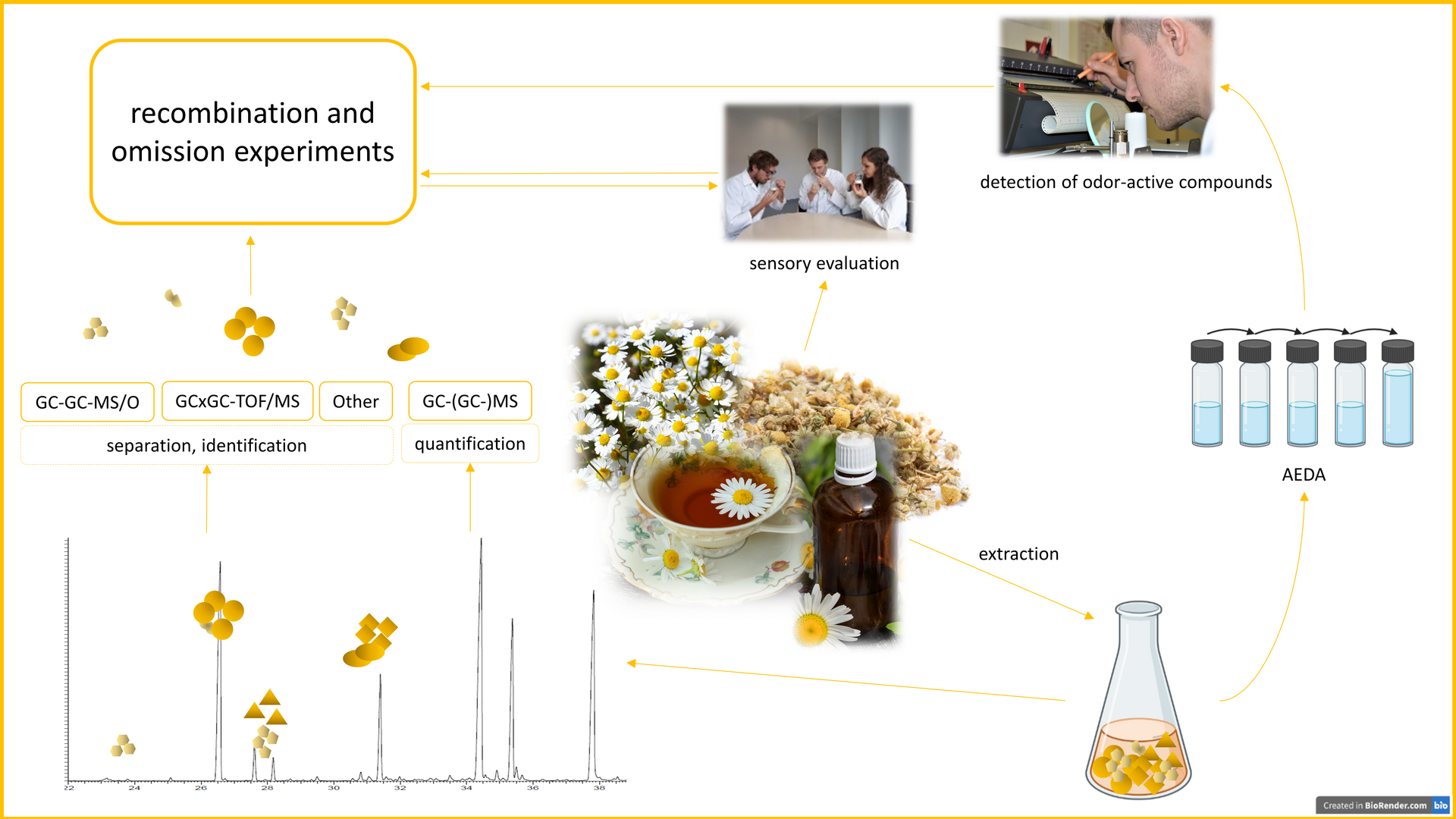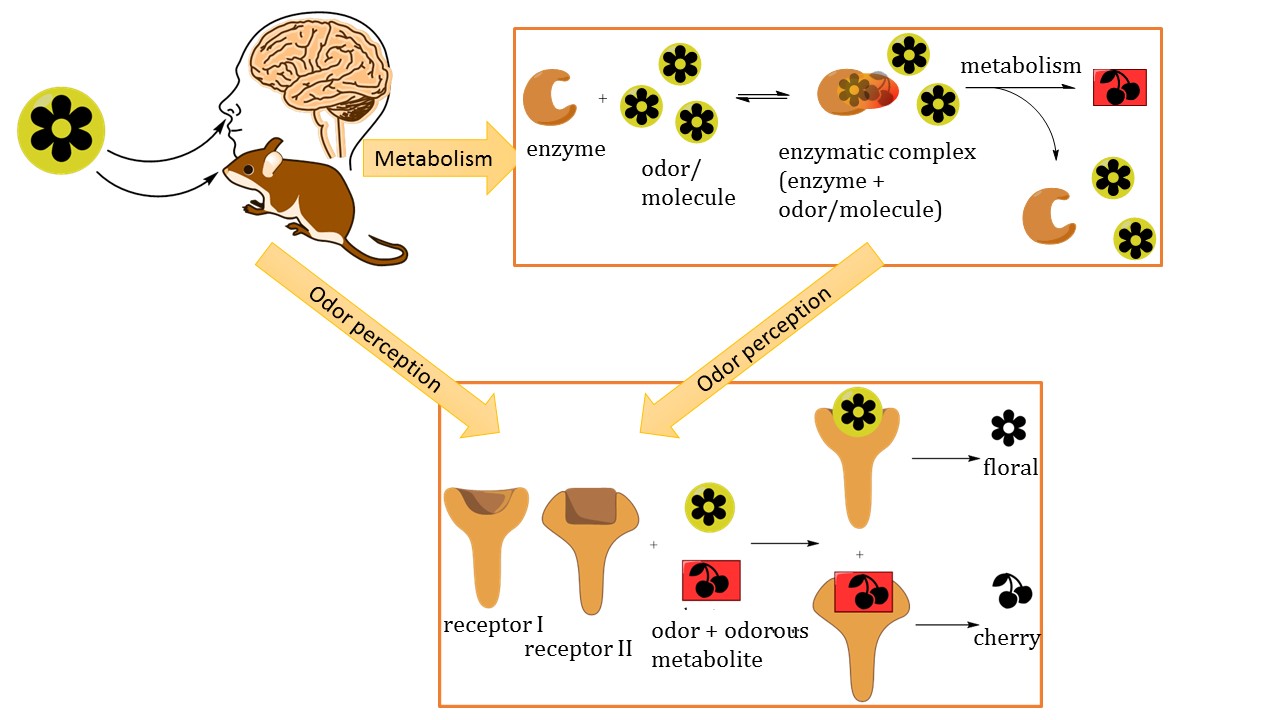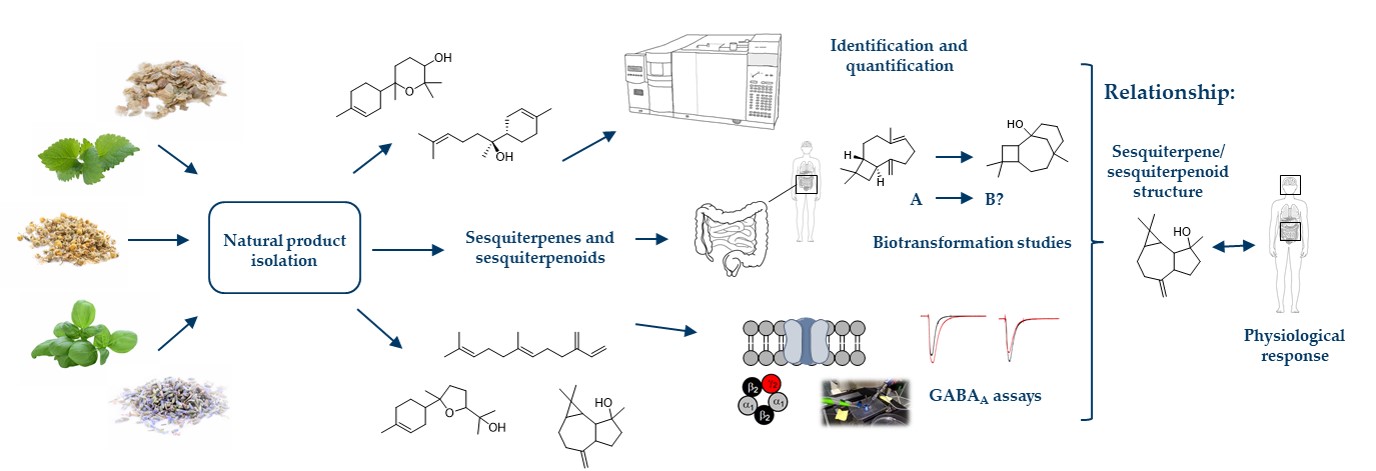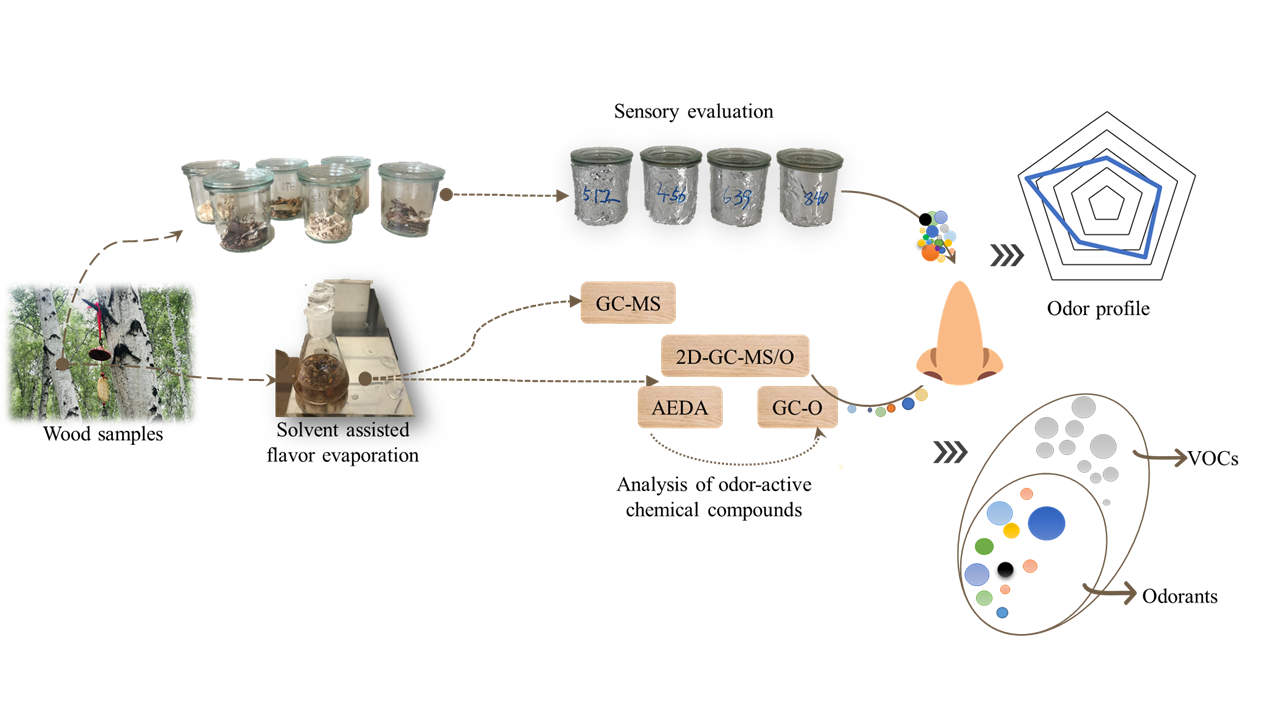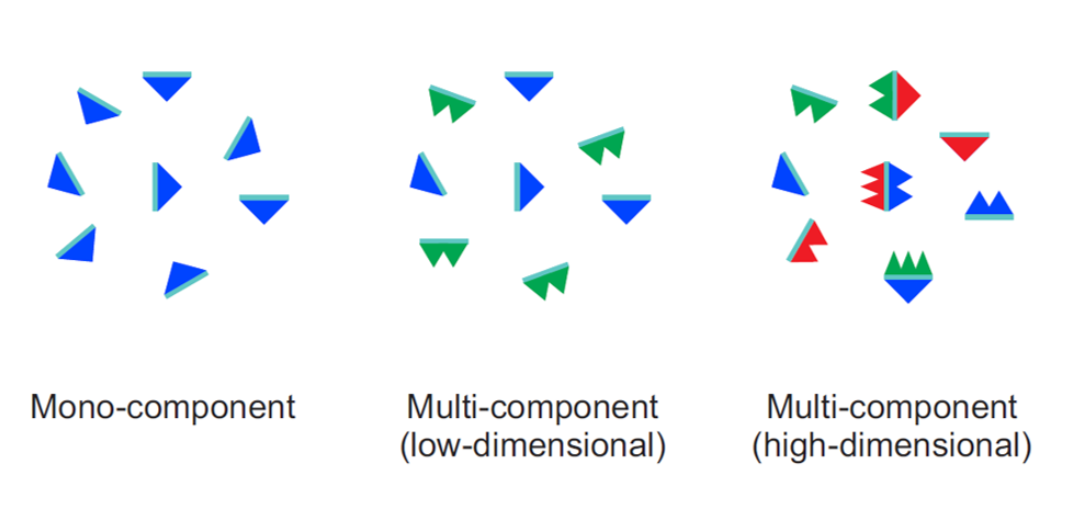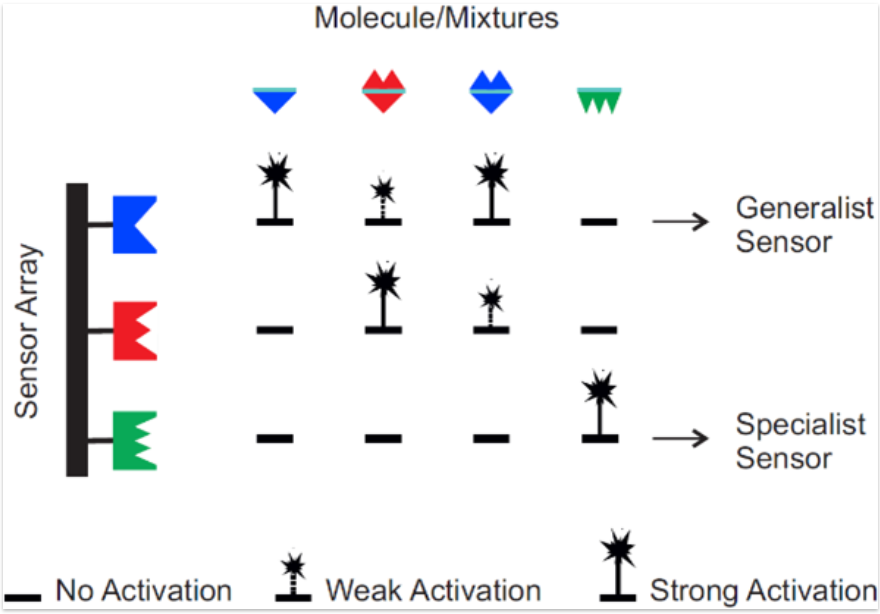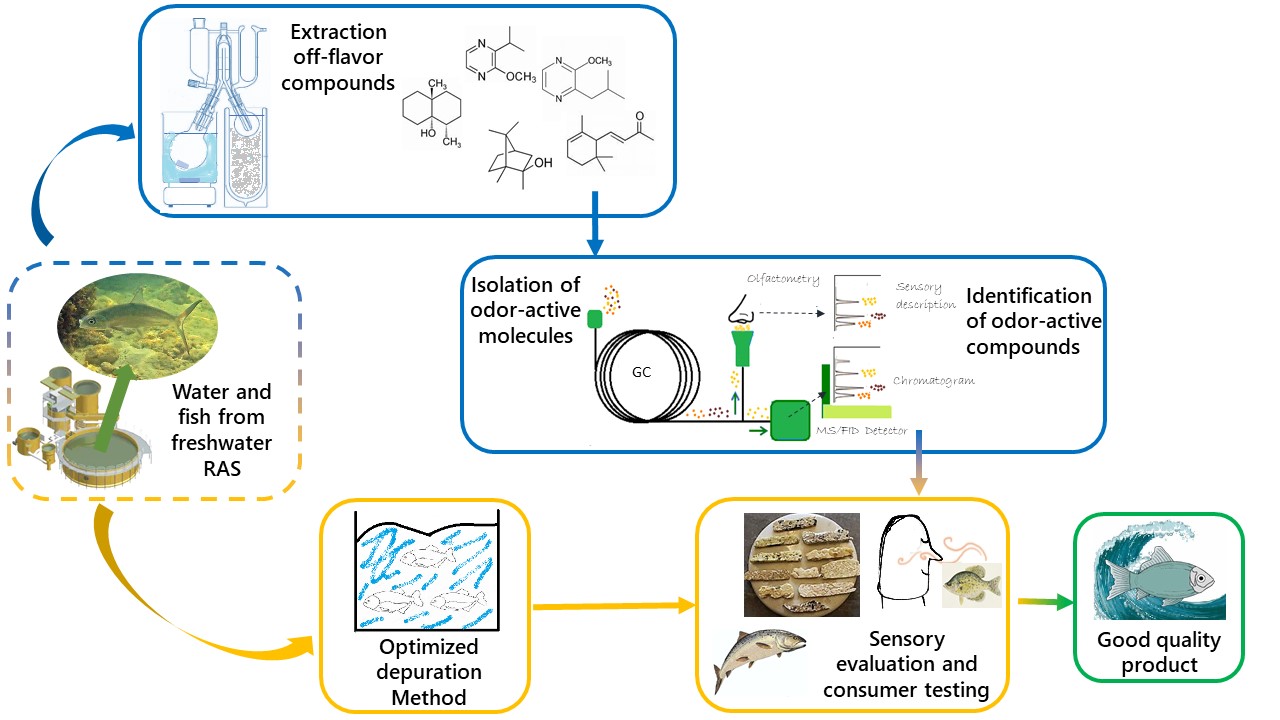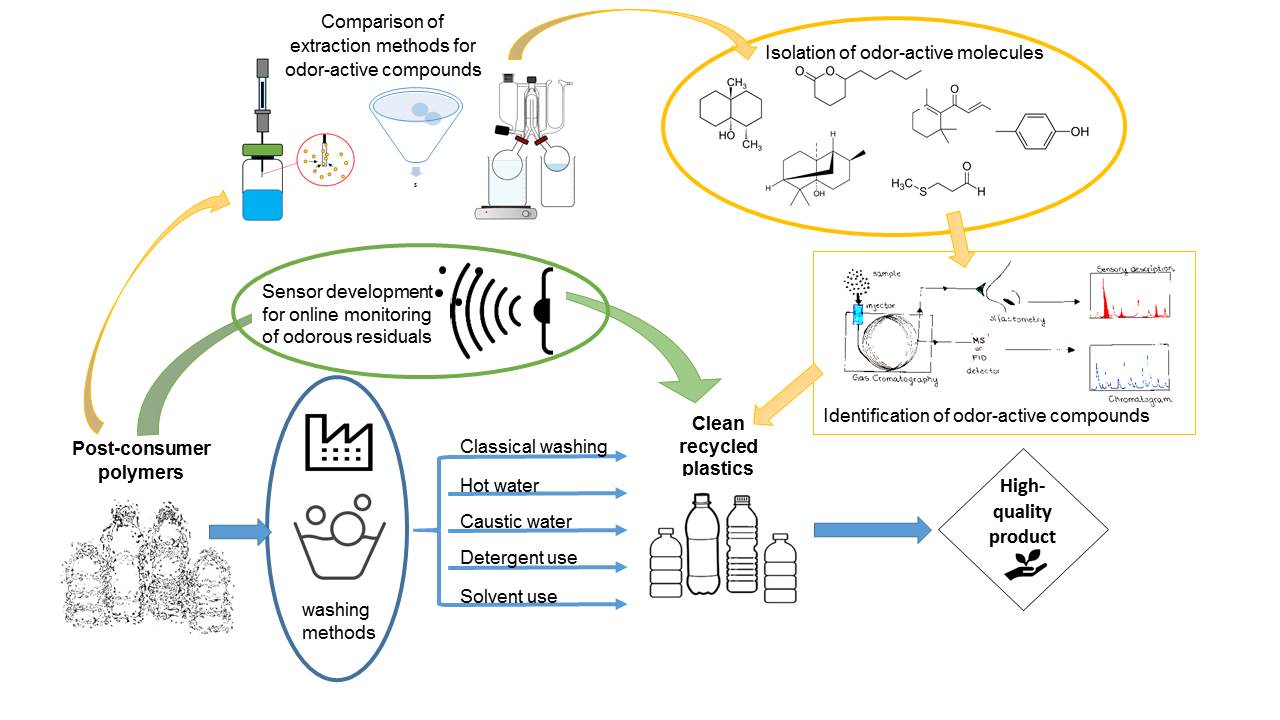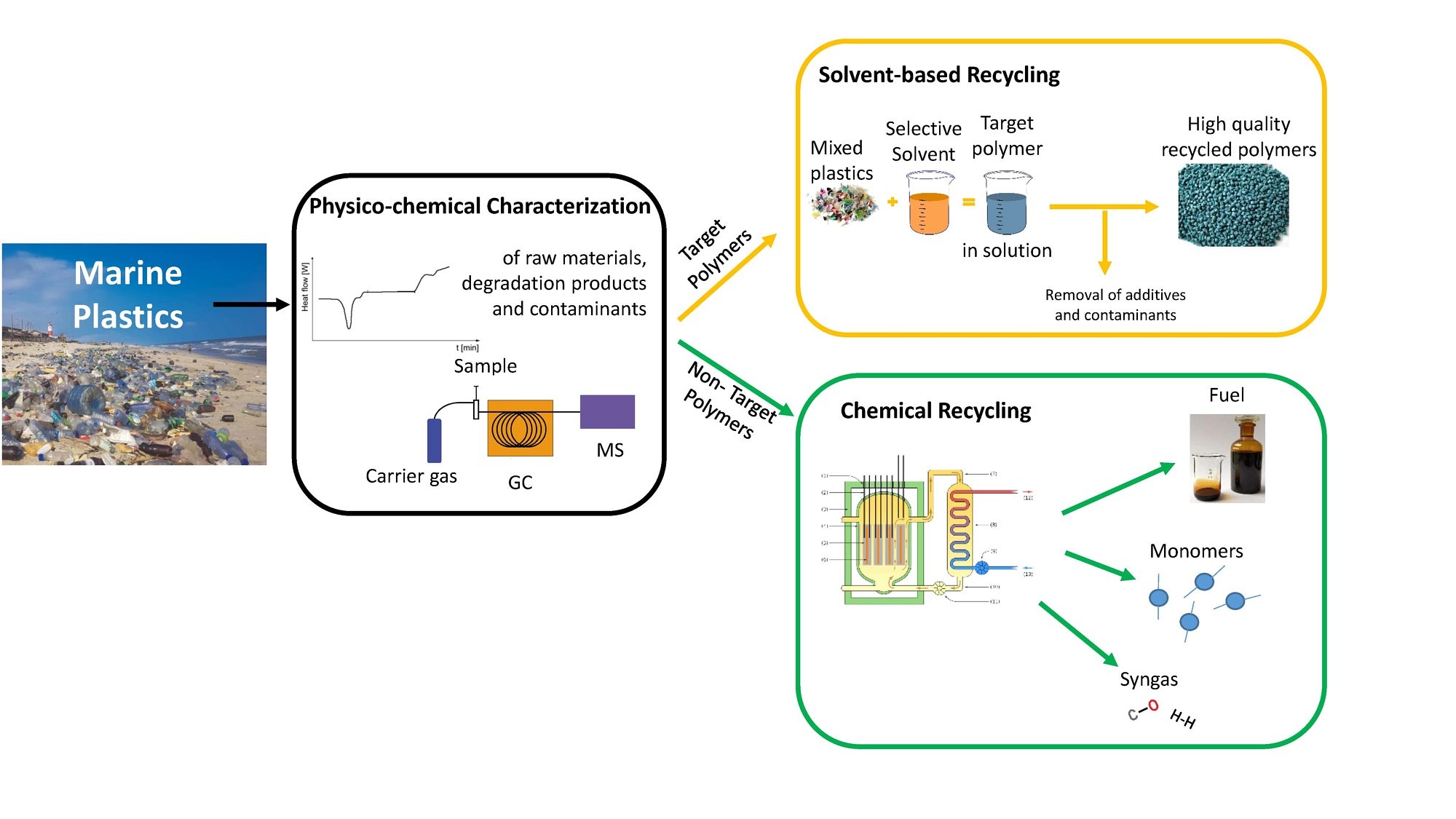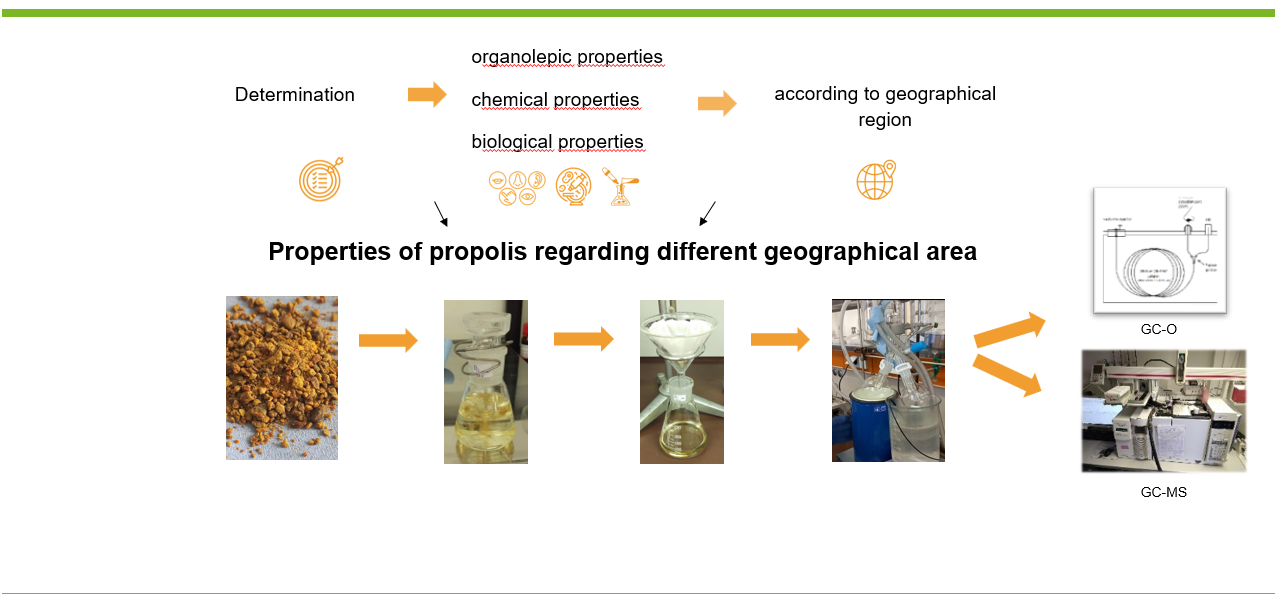Current Projects
DFG Projects
Chamomile (Matricaria chamomilla L.) is one of the most popular herbal remedies used in traditional medicine of which different pharmacological and physiological effects have been elucidated over the last year, including antioxidant, antimicrobial, antidepressant and anti-inflammatory activity. Although being of such importance and being renowned for its characteristic smell, the odor-active substances of chamomile, as part of its volatile organic compounds, have not been comprehensively studied.
We aim to characterize the odor-active substances of chamomile in this project, including identification, quantification and recombination experiments. This will be achieved by applying comprehensive aroma research tools using human sensory evaluation in combination with odorant-analytical methods.
The results will support researchers dealing with future investigations on the pharmacological,
physiological or other biological effects of chamomile constituents.
PhD Candidate in Research
To understand olfaction, one needs to know the peripheral and central processes implicated in odour detection and perception. In this project, we will explore biochemical processes taking place in the nose, with the aim of gaining a comprehensive understanding of how aroma and odour perception is shaped by nasal metabolic products.
Project Partners:
Jean-Marie Heydel (University of Burgundy)
Fabrice Neiers (University of Burgundy)
Rémy Reynaud (University of Burgundy)
Thierry Thomas-Danguin (University of Burgundy)
Prof. Dr. Stephan Hackenberg (Universitätsklinikum Würzburg)
Dr. Maria Steinke (Universitätsklinikum Würzburg)
The terpenoid and sesquiterpenoid fraction of food plant materials may undergo dramatic structural changes during their gastro-intestinal passage that have not been regarded to date when aiming at elucidating neurotropic effects of food constituents and odorants. The aims of the study are the characterization of potential biotransformation processes as well as the psychological potential of sesquiterpenoid compounds.
PhD Candidate in Research
Project Partners:
Prof. Dr. Mirjana Minceva (Technische Universität München)
Prof. Dr. Carmen Villmann ; Dr. Daniela Zdzieblo (Universitätsklinikum Würzburg)
Humans are continuously surrounded by wood in their daily lives. Thereby, wood emits an odour, which is usually perceived as very pleasant and can have physiological effects on humans. Different species of wood, however, vary in grain, colour and hardness, and they also emit different odours. The specific odour of each wood type is composed of a variety of volatile compounds leading to different overall odour impressions. The odour-active molecules will be identified and quantified in the different wood species, through application of human sensory evaluation in combination with odorant-analytical methods.
PhD Candidate in Research
DFG Research Training Group SymoCADS
The fundamental principles of releasing and sending information as odor objects in airborne MC systems, considering molecular-structural aspects and using theoretical and experimental approaches will be investigated in collaboration with P8 and P9.
Investigation of sensing architectures using theoretical and experimental approaches for airborne molecular communication, particularly with respect to a robust detection of odor objects, will be performed.
PA: Dr. Helene Loos
PhD Candidate in Research
EU Projects
The RASOPTA Marie Sklodowska International Training Network aims to identify and bridge existing knowledge gaps in the production of fish species that are important to human nutrition and economy in Europe.
The ITN will develop new technologies for improved microbial and chemical water quality. Dominant off-flavours in water and fish from RAS (recirculating aquaculture systems) will be identified and methods for elimination of off-flavours will be explored in order to eliminate their sources and to improve RAS-sourced fish quality. Furthermore, RASOPTA will examine abundance of common disease-causing bacteria and parasites in fish in RAS, evaluate fish welfare and establish safe procedures for biosecurity.
The research will be conducted through interdisciplinary and university-industry driven research-based training of 12 Early Stage Researchers, who will be educated in state-of-the-art RAS technologies. Partner institutions include University of Copenhagen, Technical University of Denmark, Norwegian University of Science and Technology, Universitat Autònoma de Barcelona, ELKH Veterinary Medical Research Institute, Faroese Food & Veterinary Authority, Fraunhofer IVV, Freising and the Landwirtschaftliches Zentrum Baden-Württemberg.
ESR6: Investigation and the development of managing strategies regarding off-flavours in fish and water of RAS
The project aims to identify off-flavour hotspots in freshwater RAS systems, develop strategies to avoid off-flavour formation, and evaluate consumer acceptance of RAS fish. Therefore, water samples from distinct freshwater RAS will be investigated by means of analytical methods like gas chromatography-olfactometry/mass spectrometry. In addition, the organoleptic properties of the fish and its acceptance will be examined by sensory evaluation and consumer testing of fish.
ESR7: Resolving the influence of different fish feeds on off-flavours in RAS water and develop new experimental feeds with alternative protein and lipid sources.
The project focuses on the investigation and the development of managing strategies regarding off-flavours in fish and water of RAS. Specifically, the impact of feed ingredients on the off-flavour in fish will be investigated by sensory characterization and analysis of different feeds. The influence of different feeds on fish health, microbial growth and activity in relation to water quality will be evaluated.
PhD Candidate in Research
The C-PlaNeT Marie Sklodowska International Training Network has been approved. C-PlaNeT is a European Joint Doctorate Programme with 15 PhD researchers on circular plastics economy. The C-PlaNet consortium is very multidisciplinary and consists of polymer chemists, process technologists, LCA-practicioners, social scientists and economists. The researchers will, next to their PhD research also attend a joint training programme.
Academic partners include Ghent University (Bel), KU Leuven (Bel), Friedrich-Alexander Universität Erlangen-Nürnberg (Ger), TU Berlin (Ger), University of Thessaloniki (Gr), Montanuniversität Leoben (Au) and Denmark Technical University (Dk). In addition, 23 other partners will be involved in the programme: 2 research institutes, 18 companies (including DOW, INEOS and Novo Nordisk), the City of Ghent, Plastics Europe and the Ellen McArthur Foundation.
ESR 8 – The project focuses on the characterization of the causative odour-active constituents in recycled plastics by using smell-guided chemo-analytical methods. The knowledge of the molecular underpinnings of the respective smells is used for guiding odour-minimization technologies. Furthermore, identification and adaptation of sensor strategies for in-line detection and monitoring of odour emissions in recycling processes are goals of this project.
ESR 15 – The project aims at recovering high-quality polymers from marine and/or beach plastics. Hence, suitable collection systems will be established for (1) in-depth physical and chemical characterization of the waste. In a subsequent step, (2) solvent-based recycling will be applied to recover purified target polymers. (3) Chemical recycling routes will be applied for non-target polymers, when material recycling proves not feasible.
Other Projects
The purpose of the research is to provide a comprehensive understanding of the various properties of propolis from different regions of Croatia and Bavaria. The research includes organoleptic, chemical and biological aspects of propolis and uses a multi-faceted approach to decipher the properties of propolis. This research is funded by a grant provided by the Bavarian Academic Center for Central, Eastern and Southeastern Europe.
PhD Candidate in Research
High quality of (organic) foods along the supply chain is needed to ensure quality of foods for consumers without food loss. Using a combination of sensor technologies, optical methods and intelligent algorithms the project “SHIELD” aims at developing hand-held devices and smart software, which can easily be used in large and small enterprises. To enable the design of these technological advancements, we work on identifying marker substances for quality determination, which will subsequently serve as the basis for developing the new fast test methods.
Coordinator: Prof. Dr. Andrea Büttner
Project Partners: Frauhofer IVV, Chair of Food Chemistry, Chair of Economics, Discrete Optimization, and Mathematics and the Machine Learning and Data Analytics at FAU, TH Nürnberg and other partners

